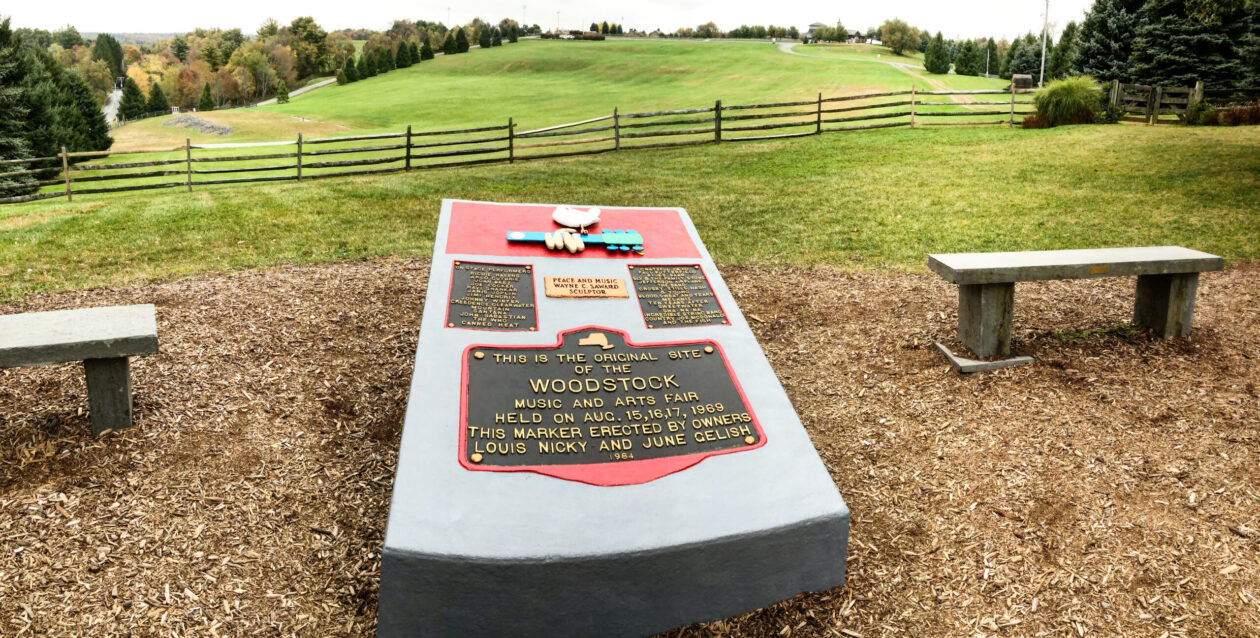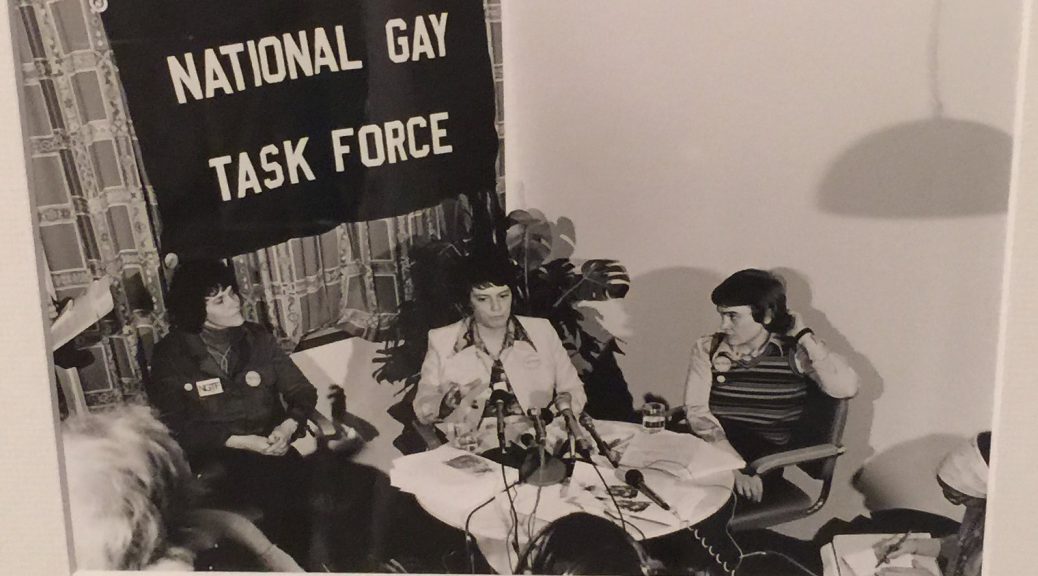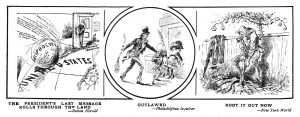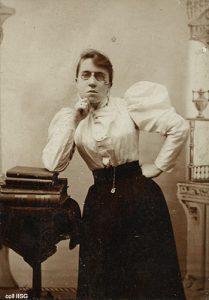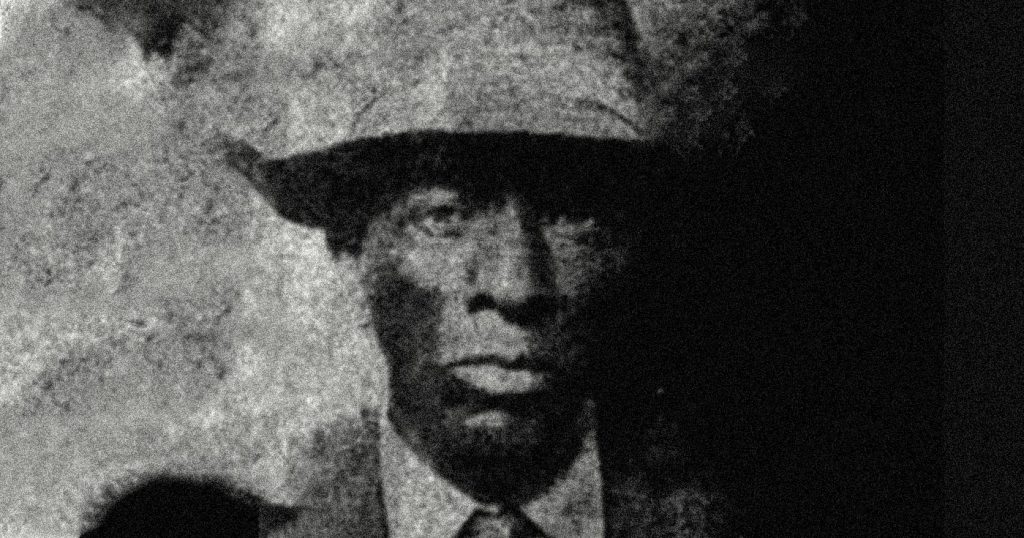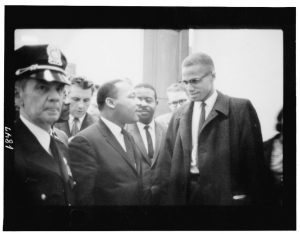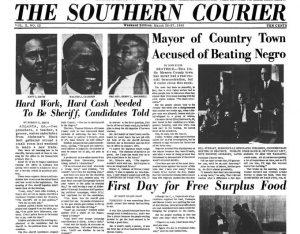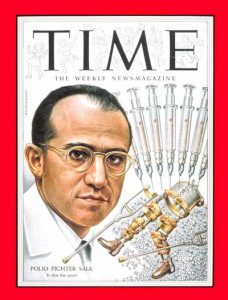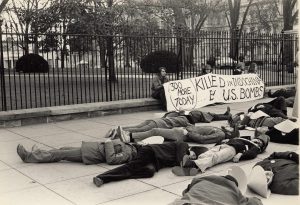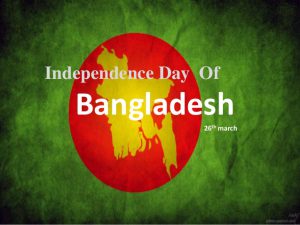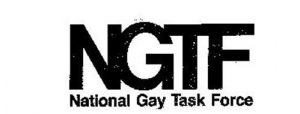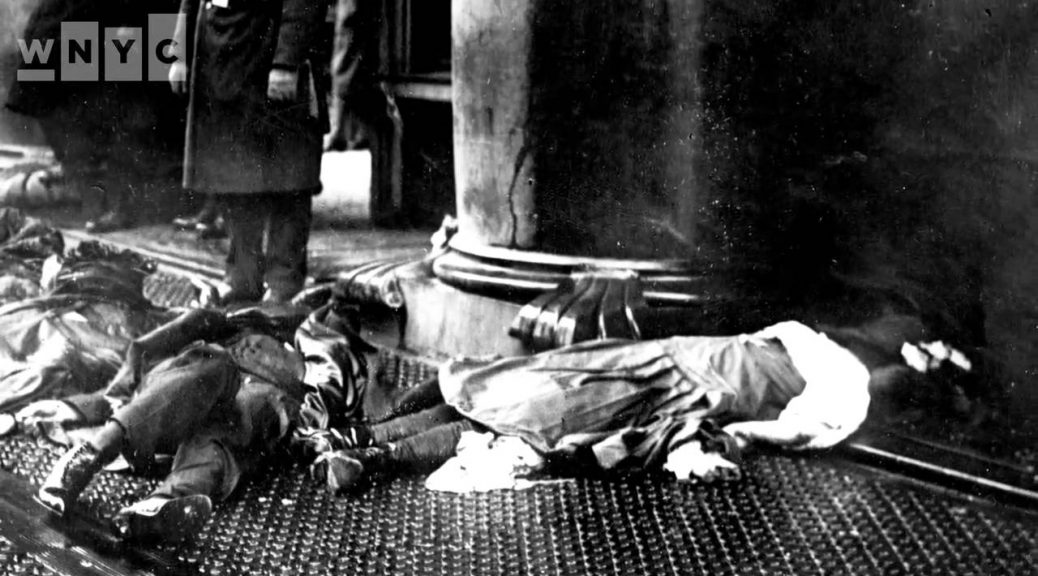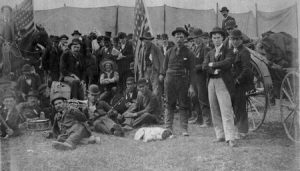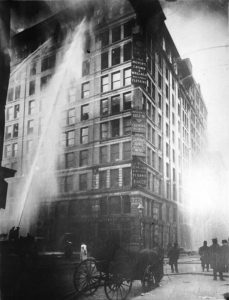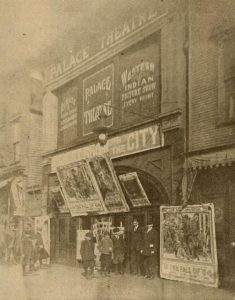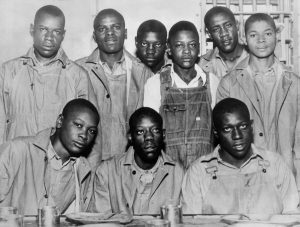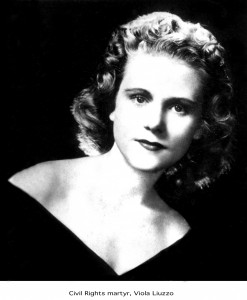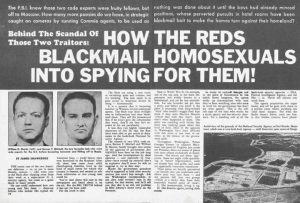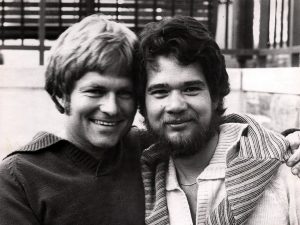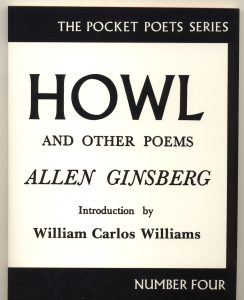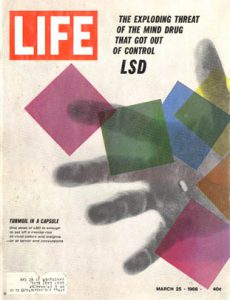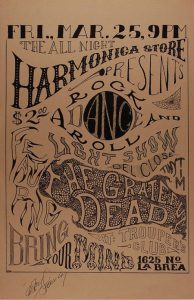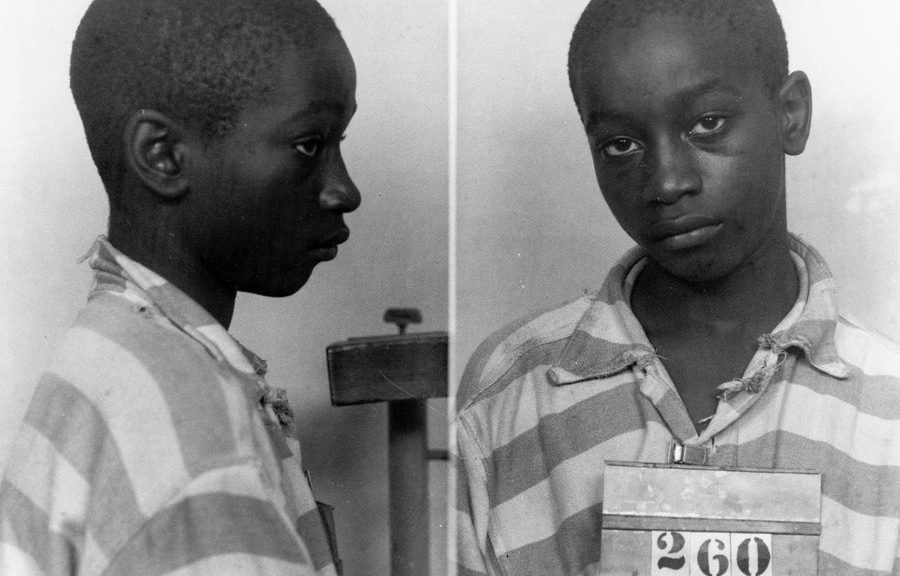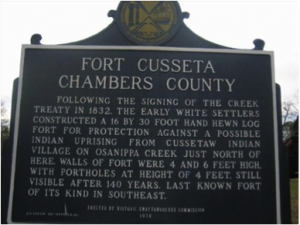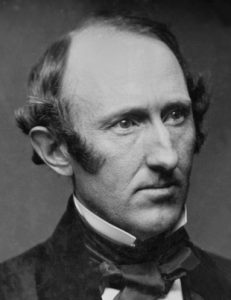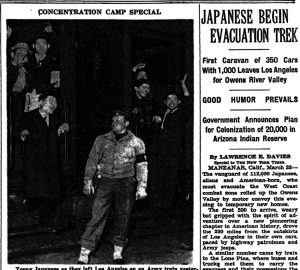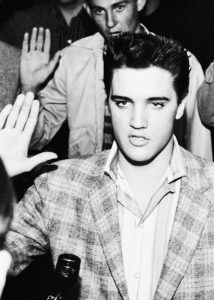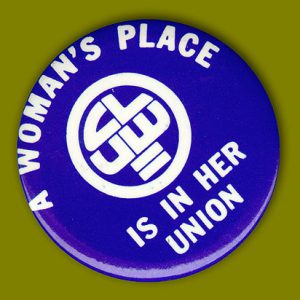March 26 Peace Love Art Activism
Immigration History
Naturalization Law of 1790
March 26, 1790: Naturalization Law of 1790 provided the first rules to be followed by the United States in the granting of national citizenship. This law limited naturalization to immigrants who were “free white persons” of “good moral character”. It thus left out American Indians, indentured servants, slaves, free blacks, and later Asians. While women were included in the act, the right of citizenship did “not descend to persons whose fathers have never been resident in the United States….” Citizenship was inherited exclusively through the father. (Indiana edu article) (see June 25, 1798)
Trump’s Wall
March 26, 2019: the House failed to overturn President Trump’s veto, leaving the declaration of a national emergency at the southwestern border intact despite the bipartisan passage of a resolution attempting to nullify the president’s circumvention of Congress to fund his border wall.
The 248-to-181 vote fell short of the two-thirds majority needed to kill the national emergency declaration. (IH, see Apr 4; TW, see May 24)
March 26 Peace Love Art Activism
Anarchism
Immigration History
March 26, 1910: an amendment to the Immigration Act of 1907 passed Congress. The 1910 Act, while not changing the language excluding anarchists, streamlined the methods of prosecution and deportation of excludable aliens, forbidding any anarchists into the U.S. (Anarchism, see Dec 17; Immigration, see May 3, 1913)
Emma Goldman
March 26 – April 4, 1933: the New York World published a series of controversial articles by Goldman exposing the harsh political and economic conditions in Russia. (see Goldman for expanded story)
March 26 Peace Love Art Activism
BLACK HISTORY
Scottsboro Nine
March 26, 1931: a crowd gathered around the Scottsboro jail to lynch the nine youths. Sheriff Matt Wann telephoned Governor Benjamin M. Miller who then called in the National Guard to protect the jail before taking the defendants to Gadsden, Alabama for indictment and to await trial. (see Scottsboro for expanded story)
Eldridge Simmons lynched
March 26, 1944: a Rev. Simmons controlled more than 270 acres of debt-free Amite County (Mississippi) land that his family had owned since 1887. A farmer and minister, Rev. Simmons worked the land with his children and grandchildren, producing crops and selling the property’s lumber.
In 1941, a rumor spread that there was oil in southwest Mississippi. A group of six white men decided they wanted the Simmons’ land and warned Rev. Simmons to stop cutting lumber. Rev. Simmons consulted a lawyer to work out the dispute and ensure his children would be the sole heirs to the property.
On Sunday 26 March 1944, a group of white men arrived at the home of Rev. Simmons’s eldest son, Eldridge, and told him to show them the property line. He agreed to do so, but while Eldridge Simmons rode with the men in their vehicle, they began to beat him, and shouted that the Simmons family thought they were “smart niggers” for consulting a lawyer. The men then dragged Rev. Simmons from his home about a mile away and began beating him, too. They drove both Simmons men further onto the property and ordered Rev. Simmons out of the car, then killed him brutally–shooting him three times and cutting out his tongue.
After Eldridge and the rest of the Simmons family buried Rev. Simmons, they fled their land in fear. The white men who committed the lynching took possession of the land; only one of the six men was ever prosecuted for the murder, and he was ultimately acquitted by an all-white jury. [EJI article] (next BH, see Apr 3); next Lynching, see July 18, 1946; for expanded chronology of lynching, see also AL4)
Autherine Lucy
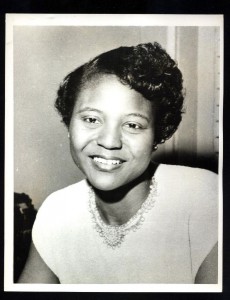
March 26, 1957: Autherine Lucy Foster decided not to pursue further her fight to re-enter the University of Alabama. (BH, see Apr 14; U of A, see Lucy for expanded story)
Martin Luther King Jr. and Malcolm X
March 26, 1964: Martin Luther King Jr. and Malcolm X met for the only time — a brief encounter in Washington, D.C. (next BH & MX, see Mar 29; next MLK, see see Mar 30; MLK; next see Oct 14)
George Whitmore, Jr
March 26, 1965: Justice Dominic Rinaldi ruled that Whitmore’s confession to the Minnie Edmonds murder was voluntary and admissible. Rinaldi chastises Whitmore’s attorney, Stanley Reiben, for “talking to the newspapers” about the case. (see Whitmore for expanded story)
Clarence David Stallworth
March 26, 1966: the Southern Courier, a newspaper documenting the civil rights movement, reported that, after driving in Beatrice, Alabama, Clarence David Stallworth was beaten and pistol-whipped by a group of whites that included the town mayor.
While Mr. Stallworth, a black man, was driving through the town, a white man in another car signaled for him to stop, saying that the passenger in the white man’s car wanted to speak with him. When Stallworth stopped his car and walked around to the passenger side of the other vehicle, Mayor T.A. Black got out and hit him in the head with a pistol while the other men in the car exited and began kicking and beating Stallworth. After the attack, Stallworth was refused medical treatment from several different hospitals before finally being admitted to a hospital in Montgomery, more than eighty miles away.
Members of the black community rallied to force County Probate Judge David Nettles to sign the warrants for the arrest of the men involved in the attack. Nettles initially refused, but relented after organizers threatened to initiate a mass protest in support of Stallworth.
“I honestly feel that I am committing a wrong here,” Nettles said when contemplating authorizing the arrests of the men who had beaten Mr. Stallworth. “[But] I’ll sign that warrant tomorrow.” (see Mar 28)
J.W. Rich
March 26, 2003: J.W. Rich, convicted in the slaying of a Johnnie Mae Chappell said he had nothing to do with the shooting. J.W. Rich told the Florida Times-Union police threatened to kill him if he didn’t confess.
Rich, 60 and suffering from cancer, said he didn’t know about the Chappell slaying until about five months later, when two detectives came to his house and told him they had a warrant for his arrest. (2006 News4Jax article) (BH & Chappell, see June 6)
Florida Legislature apologized
March 26, 2008: more than 140 years after a former Florida governor described Africans as “a wild barbarian to be tamed and civilized,” the Florida Legislature apologized for the state’s role in sanctioning slavery.
The House and Senate approved a resolution expressing “profound regret for the involuntary servitude of Africans, and calling for reconciliation among all Floridians.” There was no discussion before the unanimous voice votes, but the reading of the resolution, which described how slaves’ ears were nailed to posts during whippings brought some lawmakers, including Black Democratic Tampa Sen. Arthenia Joyner, to tears. Gov. Charlie Crist visited the Senate chamber to watch the vote. In the House, Speaker Marco Rubio, R-West Miami, took the unusual step of ordering all members to their seats. And in a rare appearance, Senate President Ken Pruitt, R-Port St. Lucie, sat at Rubio’s side. “This was as sincere and as meaningful an apology as could be given,” Pruitt said. “It was important for the words to stand on their own.” (see Sept 9)
137 SHOTS
March 26, 2015: Cleveland police officer Michael Brelo, charged in the shooting deaths of Timothy Russell and Malissa Williams following a high-speed police chase in 2012, would not have his case heard by a jury. Judge John P. O’Donnell will decide the case.
Prosecutors had filed a motion opposing the move, arguing that dismissing a jury in this case would be an “injustice” to the communities of Cleveland and East Cleveland. The motion pointed out that the police officers involved in the shooting were all white, but the victims were black.
“It is only fair to the community that African-Americans have the chance to be a part of the jury in this case,” the statement said.
O’Donnell rejected that argument, writing, “I have no basis in law to decline to allow Brelo to waive a jury.” (see 137 Shots for expanded story)
BLACK & SHOT
March 26, 2017: Richard Haste, the New York City police officer who on February 2, 2012 chased unarmed teenager Ramarley Graham into his Bronx home and fatally shot him resigned from the Police Department. Haste, 35, quit after he was found guilty on March 24 in a Police Department disciplinary review in connection with the shooting Graham, 18. A deputy commissioner who oversaw the case ruled that Officer Haste, who had been on the force since 2008, had used poor tactical judgment and recommended his dismissal. (see May 1)
Church Burning
March 26, 2019: the Louisiana State Fire Marshal’s Office began its investigation of a fire that burned down St. Mary Baptist Church in Port Barre. (next BH & CB, see Apr 2)
March 26 Peace Love Art Activism
FREE SPEECH
Authors League of America
March 26, 1948: the Authors League of America and the American Booksellers Association issued a protest of two raids, in which the Philadelphia Police Department’s vice squad stormed bookstores and seized about 2,000 books that authorities alleged were “salacious.” The books included the The Wild Palms by William Faulkner, who won the Nobel Prize for Literature in 1949, and Tobacco Road by Erskine Caldwell. (Authors Guild site) (see July 20)
Lady Chatterley’s Lover
March 26, 1960: the decision of Judge Bryan that Lady Chatterley’s Lover be allowed all the privileges of the mail was upheld in Grove Press, Inc. v. Christenberry (Project Gutenberg text of novel) (see Mar 29)
March 26 Peace Love Art Activism
Cold War
Owen Lattimore
March 26, 1950: during a radio broadcast dealing with a Senate investigation into communists in the U.S. Department of State, news was leaked that Senator Joseph McCarthy had charged Professor Owen Lattimore with being a top spy for the Soviet Union.
Lattimore was a scholar of Chinese history. During World War II, President Franklin D. Roosevelt appointed him as a special representative to the Nationalist Chinese government of Chiang Kai-Shek. His troubles began after the war, when it became apparent that Chiang’s government would fall to the communist forces of Mao Zedong. When China fell to the communists in 1949, shocked Americans looked for scapegoats to blame for the debacle. Individuals such as Lattimore, who had been unremitting in their criticism of Chiang’s regime, were easy targets.
All charges were also eventually dropped for lack of evidence, but Lattimore’s career had been severely damaged. (1995 Washington Post article) (see Apr 10)
March 26 Peace Love Art Activism
Technological Milestone
Jonas E. Salk
March 26, 1953: Dr. Jonas E. Salk announced a vaccine had been used safely and successfully in preliminary trials on 90 children and adults as a polio vaccine, two years later the vaccine was released and given to every child in the United States. (see Mar 27)
March 26 Peace Love Art Activism
March 26 Music et al
Dance With Me Henry
March 26, 1955: re-recorded with “toned-down” lyrics by the white pop singer Georgia Gibbs’s “Dance With Me Henry (Wallflower)” entered the pop charts setting off a dubious trend known as “whitewashing.” For its time, the mid-1950s, the lyrical phrase “You got to roll with me, Henry” was considered risqué just as the very label “rock and roll” was understood to have a sexual connotation. The line comes from an Etta James record originally called “Roll With Me Henry” and later renamed “The Wallflower.” Already a smash hit on the Billboard Rhythm and Blues chart, it went on to become a pop hit in the spring of 1955, but not for Etta James. (see July 29)
Fear of Rock
March 26, 1967: in Vancouver, Jamie Reid wanted to hold a Human Be-In similar to that held on January 14 in San Francisco. The Vancouver Park Board had turned down the request, but on the scheduled date about 1,000 people peacefully gathered nonetheless. Country Joe and the Fish played. (next FoR, see May 7)
Woodstock the movie
March 26, 1970: Warner Brothers released the film documentary, Woodstock. Michael Wadleigh was the director. It received the Academy Award for Best Documentary Feature. Thelma Schoonmaker was nominated for the Academy Award for Film Editing, a rare distinction for a documentary. Dan Wallin and L. A. Johnson were nominated for the Academy Award for Best Sound. (Roger Ebert review 1970) (see May 11)
March 26 Peace Love Art Activism
Voting Rights
Baker v. Carr
March 26, 1962: landmark United States Supreme Court case that retreated from the Court’s political question doctrine, deciding that redistricting (attempts to change the way voting districts are delineated) issues presented justiciable questions, thus enabling federal courts to intervene in and to decide redistricting cases. The defendants unsuccessfully argued that redistricting of legislative districts is a “political question”, and hence not a question that may be resolved by federal courts. (Oyez article) (see January 23, 1964)
March 26 Peace Love Art Activism
Vietnam
seeWomen Strike for Peacefor more
March 26, 1969: Women Strike for Peace demonstrated in Washington, D.C., in the first large antiwar demonstration since President Richard Nixon’s inauguration in January. The antiwar movement had initially given Nixon a chance to make good on his campaign promises to end the war in Vietnam. However, it became increasingly clear that Nixon had no quick solution. As the fighting dragged on, antiwar sentiment against the president and his handling of the war mounted steadily during his term in office. (next Vietnam, see April)
Vietnam Veterans Memorial
March 26, 1982: the ground-breaking for the Vietnam Veterans Memorial was held in Washington, DC. (History dot net timeline) (see Nov 10)
March 26 Peace Love Art Activism
INDEPENDENCE DAY
March 26, 1971: Bangladesh declared independent of Pakistan. (Bangladesh, see Aug 1; ID, see Aug 15)
March 26 Peace Love Art Activism
Nuclear/Chemical News
March 26, 1975: the Convention on the Prohibition of the Development, Production and Stockpiling of Bacteriological (Biological) and Toxin Weapons and on their Destruction went into force. Nations pledged never “to develop, produce, stockpile or otherwise acquire or retain” biological weapons. Some signatory nations, however, have reserved the right to hold certain biological weapons for “prophylactic” purposes. (see Nov 29)
March 26 Peace Love Art Activism
LGBTQ
National Gay Task Force
March 26, 1977: The National Gay Task Force met with aides to President Jimmy Carter at the White House. This meeting was the first time lesbian and gay activists had ever been invited to the White House to discuss policy issues related to homosexuality. President Jimmy Carter was at Camp David when the meeting occurred, but he had called for an end to discrimination against homosexuals during the 1976 presidential election campaign, on May 21, 1976. He was the first candidate of a major political party ever to publicly support lesbian and gay rights.
Midge Costanza, director of the Office of Public Liaison in the White House arranged the meeting. (LGBTQ, see June 7; Carter, see June 18)
US Supreme Court
March 26, 2013: the US Supreme Court began hearing an historic oral argument on marriage, which could lead to any one of a wide array of possible decisions — from essentially leaving in place the traditional marriage laws on the books in most states to proclaiming same-sex marriage a fundamental right under the US Constitution. Although the justices are deciding a constitutional question — whether the Equal Protection Clause in the Fourteenth Amendment includes a right for same-sex couples to marry — the argument took place as polls indicated that public opinion is shifting toward acceptance of same-sex marriage. (see Apr 19)
Mike Pence
March 26, 2015: Indiana Gov. Mike Pence (R) signed a law that allowed any individual or corporation to cite religious beliefs as a defense when sued by a private party. (see Mar 31)
March 26 Peace Love Art Activism
Middle East
March 26, 1979: in a ceremony at the White House, President Anwar Sadat of Egypt and Prime Minister Menachem Begin of Israel signed a peace treaty.
March 26 Peace Love Art Activism
Jack Kevorkian
March 26, 1999: Kevorkian convicted of second-degree murder for giving a lethal injection to an ailing man whose death was shown on “60 Minutes.” (see Kevorkian for expanded story)
March 26 Peace Love Art Activism
Affordable Care Act
March 26, 2012: opening arguments presented at the Supreme Court re the 2010 health care law. (see Mar 30)
March 26 Peace Love Art Activism
Fourth Amendment
Florida v. Jardines
March 26, 2013: the US Supreme Court held that police use of a trained detection dog to sniff for narcotics on the front porch of a private home was a “search” within the meaning of the Fourth Amendment to the United States Constitution, and therefore, without consent, requires both probable cause and a search warrant. (see May 24)
March 26 Peace Love Art Activism
US Labor History
Student Rights
March 26, 2014: Peter Ohr, the regional director of the National Labor Relations Board ruled that a group of Northwestern football players were employees of the university and had the right to form a union and bargain collectively.
For decades, the major college sports had functioned on the bedrock principle of the student-athlete, with players receiving scholarships to pay for their education in exchange for their hours of practicing and competing for their university. But Ohr tore down that familiar construct in a 24-page decision.
He ruled that Northwestern’s scholarship football players should be eligible to form a union based on a number of factors, including the time they devote to football (as many as 50 hours some weeks), the control exerted by coaches and their scholarships, which Mr. Ohr deemed a contract for compensation.
“It cannot be said that the employer’s scholarship players are ‘primarily students,’ ” the decision said. (Student rights, see Sept 17; Labor, see Dec 29; Northwestern, see August 17, 2015)
March 26 Peace Love Art Activism
Immigration History & Census
March 26, 2018: the Commerce Department announced that the 2020 census would ask respondents whether they are United States citizens, agreeing to a Trump administration request. Many officials feared the change would result in a substantial undercount.
Commerce Secretary Wilbur Ross had “determined that reinstatement of a citizenship question on the 2020 decennial census questionnaire was necessary to provide complete and accurate census block level data,” allowing the department to accurately measure the portion of the population eligible to vote.
Ross’s decision immediately invited a legal challenge: Xavier Becerra, California’s attorney general, planned to sue the Trump administration over the decision Becerra said, ” “What the Trump administration is requesting is not just alarming, it is an unconstitutional attempt to discourage an accurate census count.” (IH & Census, see Mar 26)
March 26 Peace Love Art Activism
ADA
March 26, 2019: Education Secretary Betsy DeVos struggled before a congressional subcommittee to defend the administration’s proposal to cut at least $7 billion from education programs, including eliminating all $18 million in federal funding for the Special Olympics.
When Rep. Mark Pocan, D-Wis., a member of the House Appropriations subcommittee, asked whether DeVos knew how many children would be affected by cutting Special Olympics funding, DeVos said she did not know.
Pocan responded: “I’ll answer it for you, that’s OK, no problem. It’s 272,000 kids that are affected.” (see Mar 28)
